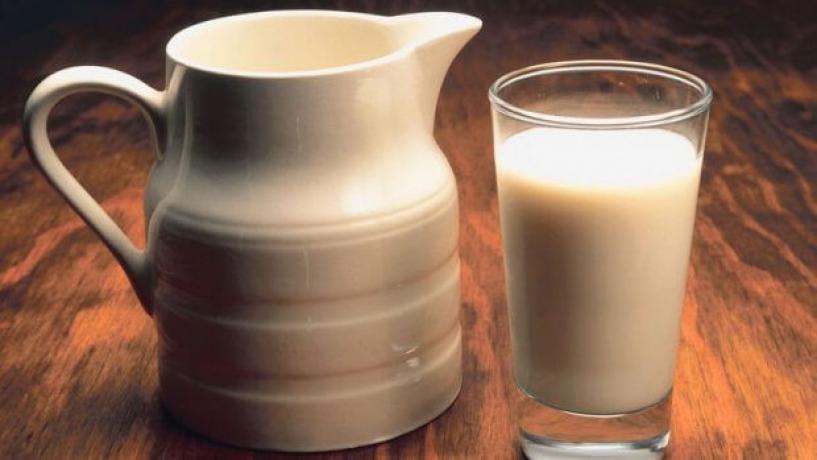
A woman from the southern tablelands of New South Wales was fined $28,000 and order to pay professional costs of $25,000 this month after being charged for selling raw milk for human consumption.
The four charges raised against the woman included selling milk that wasn’t pasteurised, conducting a food business without a licence, and two charges related to selling unpasteurised milk that exceeded acceptable biological limits for standard plate counts and Listeria.
Using a somewhat innovative approach to avoid being recognised as a food business, the woman set up a ‘herd sharing’ business and sold shares in individual cows or the entire herd of cows to consumers. The shareholders then received raw milk produced by the animals. Despite this unusual tactic, the woman was deemed to be conducting a food business by Goulburn Local Court.
"Claims that this doesn’t constitute the sale of food are false, the operation of a herd share arrangement can constitute food for sale under the Food Act," NSW Food Authority CEO, Dr Lisa Szabo said.
"Milk for sale in NSW needs to be licensed with the NSW Food Authority to ensure it is subject to the stringent safety requirements of the Dairy Food Safety Scheme."
The case has been ongoing since 2015 when the NSW Food Authority took samples of raw milk produced by the herd which tested positive for Listeria. The operation was shut down immediately following these tests and the Prohibition Order remains in place.
Dangers of Raw Milk
Raw milk can be extremely dangerous to consume. Despite trends promoting raw milk as more nutritious or beneficial to health, it can contain very high levels of microorganisms which can multiply quickly in the time taken between milking the cow and human consumption.
The pasteurisation process is performed to kill these harmful microorganisms such as Listeria or E.coli, which can have serious consequences to human health especially to people with immune-compromised systems or high risk groups such as the elderly, pregnant women or young children.
Dr Szabo confirmed statistics show that raw milk is a high food safety risk.
"Nationally and internationally raw milk products account for a small proportion of sales but a very large proportion of outbreaks," she said.
"Unpasteurised milk could contain harmful bacteria such as E.coli, Salmonella and Listeria that can result in illness or even death. Listeria is a particularly dangerous pathogen, it can be fatal and is of particular concern to vulnerable populations such as pregnant women and their unborn babies, children, those over 70 and people who are already immuno-compromised. This is why we undertake this action, to protect people."
Some Australian states and territories are coming up with innovative ways to prevent raw milk being sold for human consumption. Last year in Victoria, it was made mandatory for a gag-inducing ingredient to be added to raw milk products after it was revealed that raw milk products marketed as ‘bathing products’ were in fact being consumed by a number of people, including young children being given the product by their mothers.




